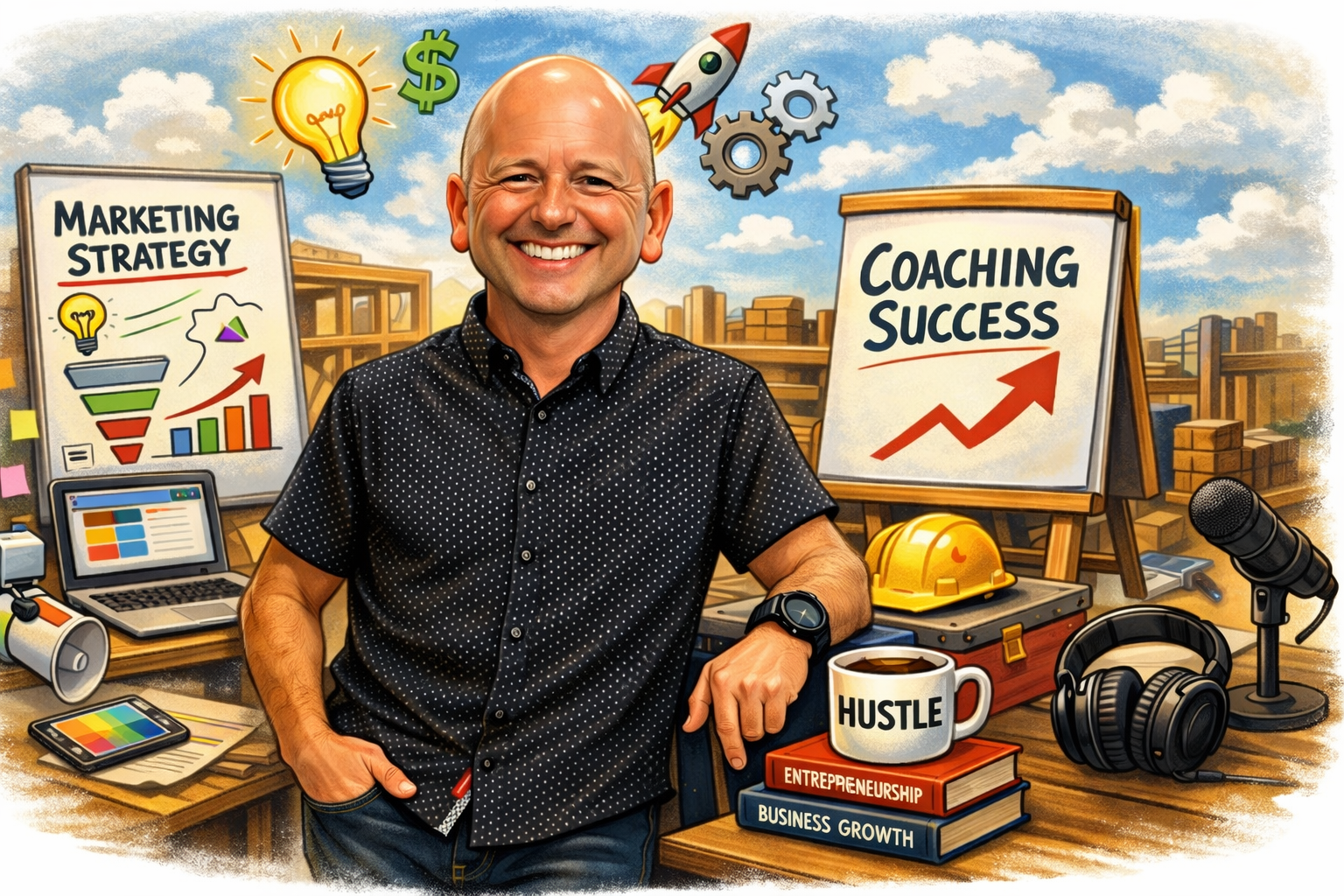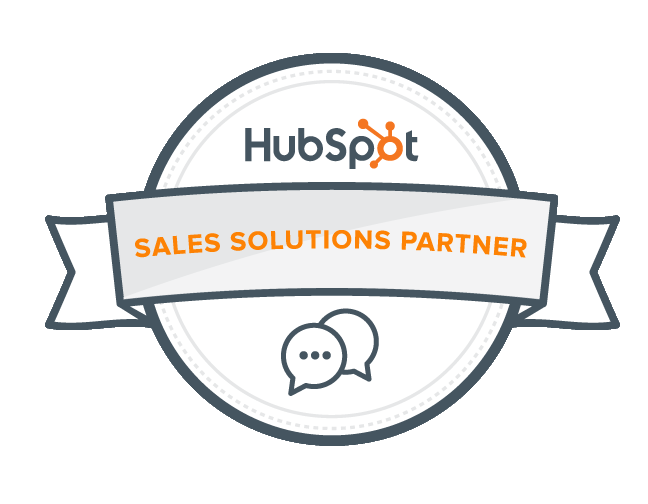4 Ways to Distribute Your Content: Facebook Ad, Blogging, E-Mail Marketing, Posting to Social Media
Rachelle Babcock • June 11, 2020
Distributing your content to these 4 distribution channels weekly will jump-start your marketing and grow your business.
In last week's video blog, we discussed how to create content. This week, we will introduce distribution methods to increase visibility through Facebook Ads, blogging, e-mail marketing, and posting to social media.
Facebook Ads: allows you to target a specific audience. Over 1 billion people have a Facebook account, and Facebook claims they are 89% accurate at targeting their audience.
Blogging: allows clients to find you through Google Search by sharing knowledge, showing loyalty, and presenting your brand! Giving more information to your audience will not only present your brand but will also help your brand get found on Google Search.
E-mail Marketing: allows you to build relationships with prospective leads and current customers. This is the ultimate step to conversion. Easy, Inexpensive, and Effective.
Social Media: allows you to build a positive image of your brand. Take that blog and post it to social media. Get out there on the staples: Facebook, LinkedIn, Twitter, Instagram. Copy and Paste your content-it's easy-multiple your message!
Marketing Takeaway
Marketing Takeaway= Use 4 consistent distribution channels to build loyalty, gain visibility, and convert customers to your brand.
If you need assistance with content distribution we are here to help!
Schedule a call with one of our marketing coaches by contacting us.






